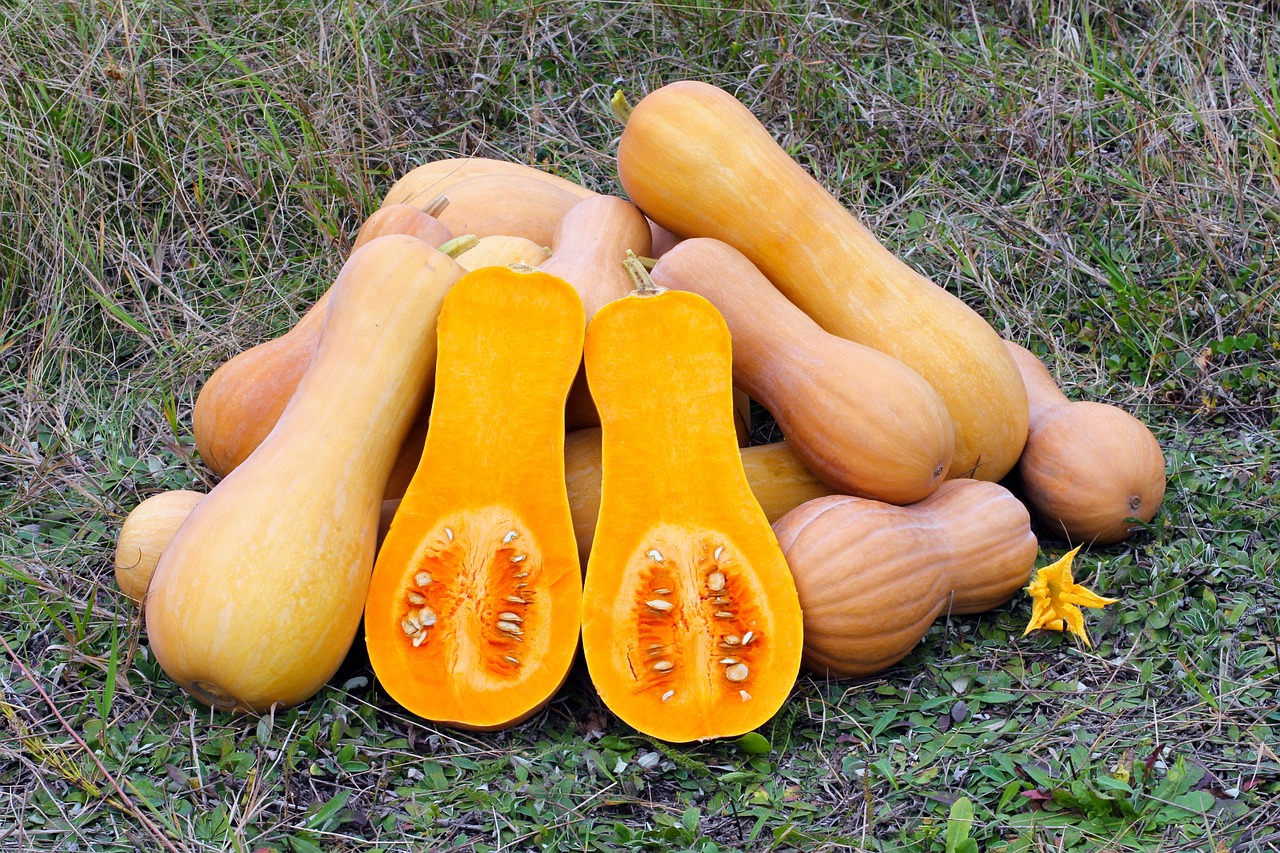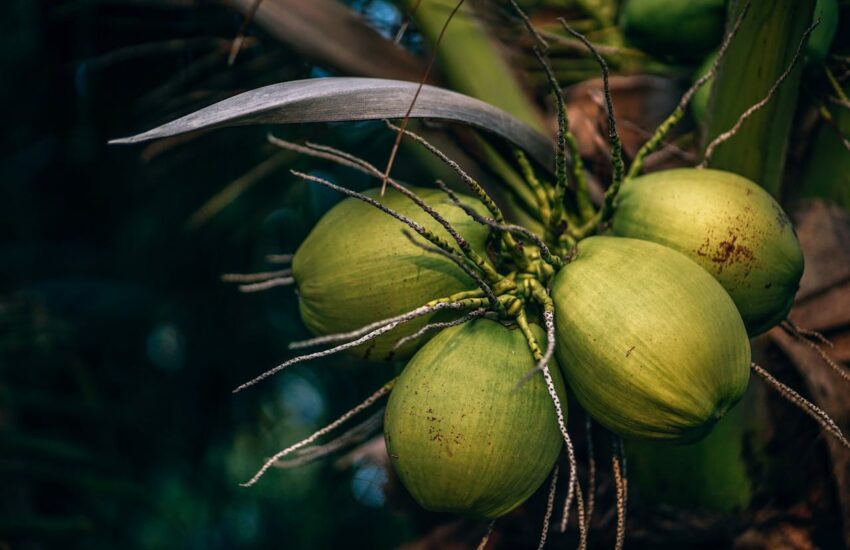5 Reasons to Enjoy Spaghetti Squash Today
It’s fall.
No, that’s a lie, it’s almost fall.
But all the Starbucks are dishing out their PSLs (Pumpkin Spice Lattes for the uninitiated) football’s on TV, and the leaves are beginning to change here and there.
With fall comes an abundance of some incredibly tasty and nutritious foods.
One of the healthiest is spaghetti squash.
Spaghetti squash is an incredible fall food.
And not just because it’s named after a dependable pasta noodle…(is there such a thing as a dependable noodle)?
Spaghetti squash is loaded with nutrients that will help you experience optimal health.
Let’s take a look at them shall we?
5 Great Reasons To Love Spaghetti Squash
1. It’s rich in carotenoids: There are over 600 carotenoids in the known world, and spaghetti squash is a rich source of quite a few of these valuable plant based nutrients. The spaghetti squash’s pale yellow color represents its carotenoid content, (this is true of all plants and their different colors).
So what exactly is packed inside?
First off it’s loaded in carotenoids known to prevent macular degeneration and strengthen the eyes which include lutein, zeaxanthin, and beta-carotene. Both lutein and zeaxanthin have been shown to absorb harmful blue light and near-ultraviolet light to protect the eyes.
Then there’s beta-cryptoxanthin which is another powerful antioxidant.
Research on beta-cryptoxanthin has revealed it can help to fight oxidative damage presented by free radicals in the body, which can ultimately help with poor heart health, and other conditions related to inflammation.
2. It can help fight inflammation: Like many natural foods, spaghetti squash can help to battle the negative effects of inflammation.
As The World’s Healthiest foods writes ” In some of the more detailed studies, specific inflammation-related molecules, enzymes, or cell receptors (for example, nuclear factor kappa-B, nitric oxide synthase, or cyclo-oxygenase) have been studied as targets for the activity of the cucurbitacin molecules found in winter squash.”
Another way spaghetti squash is able to flight inflammation is via its Omega-3 fat content.
While this squash isn’t considered a high-fat food it does manage to carry a bit of fat, and yes it’s good fat.
A cup of spaghetti squash contains around 340 mg of Omega-3 (ALA) which is quite substantial for a food that isn’t a nut or a meat.
The omega-3 fats are known to neutralize the effects of inflammation in the body and also help with brain health, heart health, and even work to make your skin clearer and healthier.
3. It’s high in essential vitamin content: Again, the pale yellow color of squash points to the rich carotenoid content of spaghetti squash.
What it also means is this winter squash varietal is also high in a number of different vitamins.
Dr. Mercola points out just how amazing these squash’s really are:
“This versatile squash contains about 457 percent of the recommended daily intake of vitamin A and 52 percent of vitamin C, which can help prevent free radical damage to cells. Spaghetti squash is also rich in the B vitamins riboflavin, niacin, and thiamin, which promote optimal cellular function. Folate is also found in this bright-colored vegetable.
Folate supports the formation and development of new cells and may help prevent birth defects, making this squash an ideal food for pregnant women. This nutrient can also help filter out homocysteine from your blood and promote cardiovascular health.”
4. Could help with blood sugar: One of the interesting things about spaghetti squash is that it’s made up mostly of carbohydrates.
And while carbohydrates sometimes get a bad rap, they’re not always the worst thing for your body.
No seriously.
There’s been some research that shows cell wall polysaccharides (a type of carbohydrate) can have a positive effect on insulin regulation.
Well squashes like spaghetti squash are rich in those kinds of polysaccharides.
On top of that there’s another nutrient inside of spaghetti squash, a B-vitamin like compound called d-chiro-inositol, which is also being shown to have therapeutic effects on blood sugar levels.
This compound then works in tandem with the cell wall polysaccharides and B-complex vitamins to help keep insulin levels in check.
And since spaghetti squash is high in 5 different kinds of B-vitamins, and B-vitamins are shown to be quite helpful at maintaining blood sugar levels, it stands to reason this is yet another way spaghetti squash is helpful in supporting blood sugar.
Pretty remarkable for a gourd.
5. It’s easy to make: This might not be directly tied to your health, but it’s still an important reason to enjoy this food.
Spaghetti squash is really easy to make, which means it should become a staple in your diet just based on the ease of preparation.
I’ve included a video I really like that shows you how to make spaghetti squash along with several different recipes you can enjoy this fall.
Talk soon,
Dr. Wiggy
www.HealthAsItOughtToBe.com

